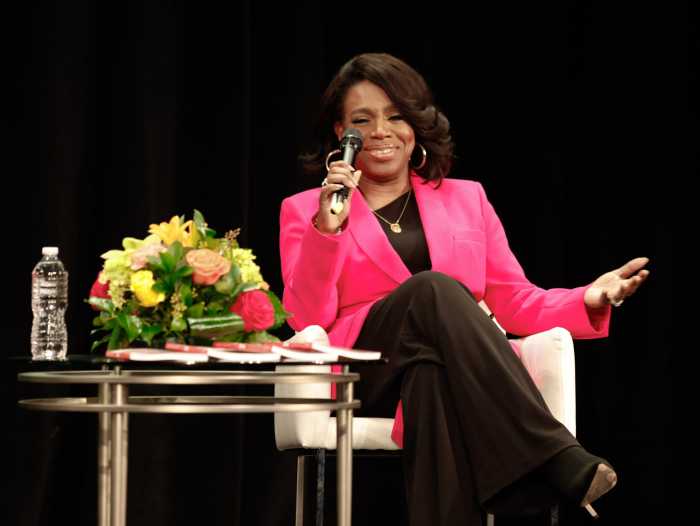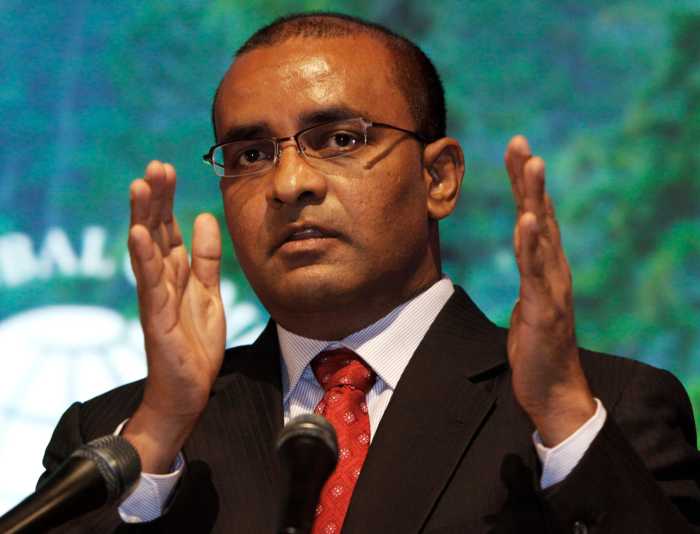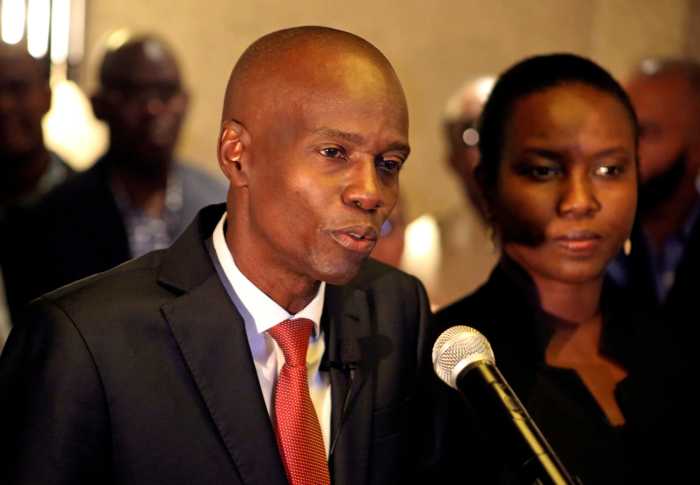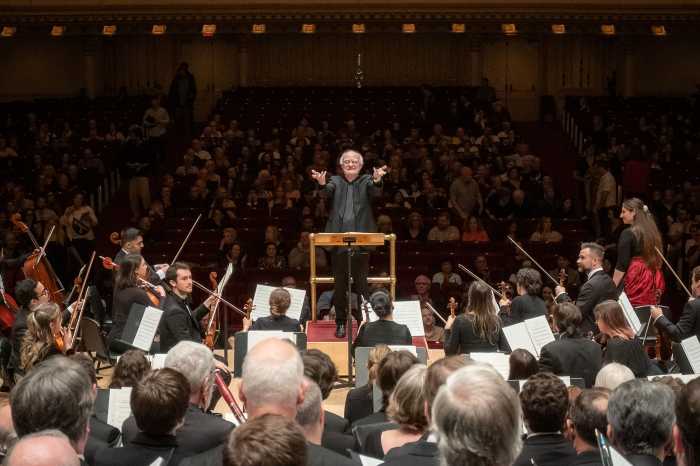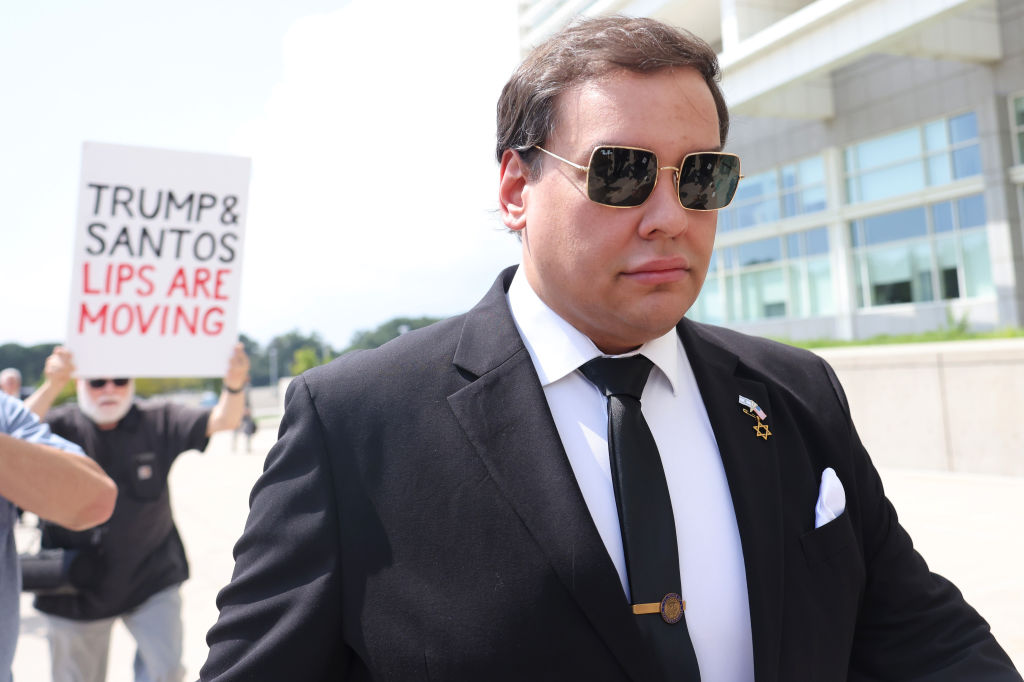By Vinette K. Pryce
It was Peter Tosh who vocalized, verbalized, and hammered away the notion that marijuana should be legalized.
In a song titled “Legalize It,” he amplified his consistent plea saying “I will advertise it” if the Jamaican government would excuse users of the weed.
That was 1976.
Now it seems with all the potential financial benefits the country could reap, the government is inching towards taking his advice and joining the four U.S. states that have enacted laws legalizing marijuana for recreational purposes.
Earlier this week, it was announced that the face of legal marijuana throughout the world could become Bob Marley.
According to reports, “Marley Natural” will be going global next year.
“Marley Natural is a brand with deep roots in the life and legacy of our father,” said Cedella, Bob’s eldest daughter. “He’s smiling at what’s really happening.”
Had Marley not died on May 11, 1981, “my dad would be so happy to see people understanding the healing power of the herb,” she added.
According to a statement from his family on Tuesday ganja (weed, pot, sensimilia, marijuana) “brought him inner peace and furthered his creativity.”
Reportedly, Marley’s family joined with Seattle-based Privateer Holdings to license the product as well as lotions, potions, and hemp accessories in hopes of building what it calls the “world’s first global cannabis brand.”
In places where regulations permit legal use of marijuana, the international brand will be available late next year.
Allegedly, “the Marley family approached Privateer last year with an idea to carry on Bob Marley’s positive views with regard to the effects of marijuana. The family’s goals aligned with Privateer’s philosophy in the legal cannabis industry.”
“In many ways, he started the movement 50 years ago with his public comments about cannabis,” Brendan Kennedy, co-founder of Privateer Holdings stated.
“We wanted Bob Marley’s voice and vision — and his family’s vision — to help be a part of this movement of ending prohibition.”
But not everyone is singing praises to this idea. Soon after the announcement was made Tuesday, criticisms sparked controversy in Jamaica.
Marley “was the least of the Wailers around the issue of ganja legalization,” Maxine Stowe of the Rastafari Millennium Council said.
An advocate for legalization and an activist spokesperson for Rastafarian ethics, Stowe complained that although Marley was often photographed smoking the herb and also believed in its divine and sacramental components, his two collaborators — Peter Tosh and Bunny “Wailer” Livingstone — who became internationally acclaimed as The Wailers — were far more vocal about its legalization.
Another argument against the global Marley deal is that the company will be headquartered in New York.
She said efforts to launch a global cannabis brand from New York will negatively impact Jamaica’s potential to capitalize on the international legalization movement.
“The government has to stand up now for Rastafari and the Wailers’ rights in their intellectual property!” Stowe wrote in an e-mail.
Delano Seiveright, director of the island’s Ganja Law Reform Coalition, said he is optimistic that the Marley family’s plans will be a catalyst to move Jamaica to “develop a legal and regulated cannabis industry much sooner rather than later.”
Brooklyn resident, Rastafari and ganja proponent Paul “Jah Paul” Haughton also questioned both news announcements.
“I couldn’t believe what I heard on 1010 WINS,” Haughton said.
“Don’t feel no way, I love Bob but it was Peter who always talked about legalizing ganja. I don’t understand how Peter wasn’t the one to promote the natural sensi.”
Response to that is that “Marley’s music conjures up images of the Rastafarian movement, his quest for peace and social justice, and, well, pot. His music has long been a soundtrack for those who smoke marijuana. So it seems natural that his family is using his name to market a line of fine cannabis and cannabis-based products.”
Already here to set up offices for the firm, Kennedy said although the drug is still technically illegal under federal law, the consumer brand will target “responsible adults who are already consumers of cannabis.”
The private equity firm backing the product has already raised more than $50 million from investors.
CEO Brendan Kennedy told the Guardian Newspaper that he believes Marley Natural will one day become the Starbucks of pot.
“Let’s hope the family of Peter Tosh and other reggae advocates of the legalization of the herb reap some of this recognition and economic windfall,” a blogger wrote on a web portal in Jamaica.
Catch you on the inside!


